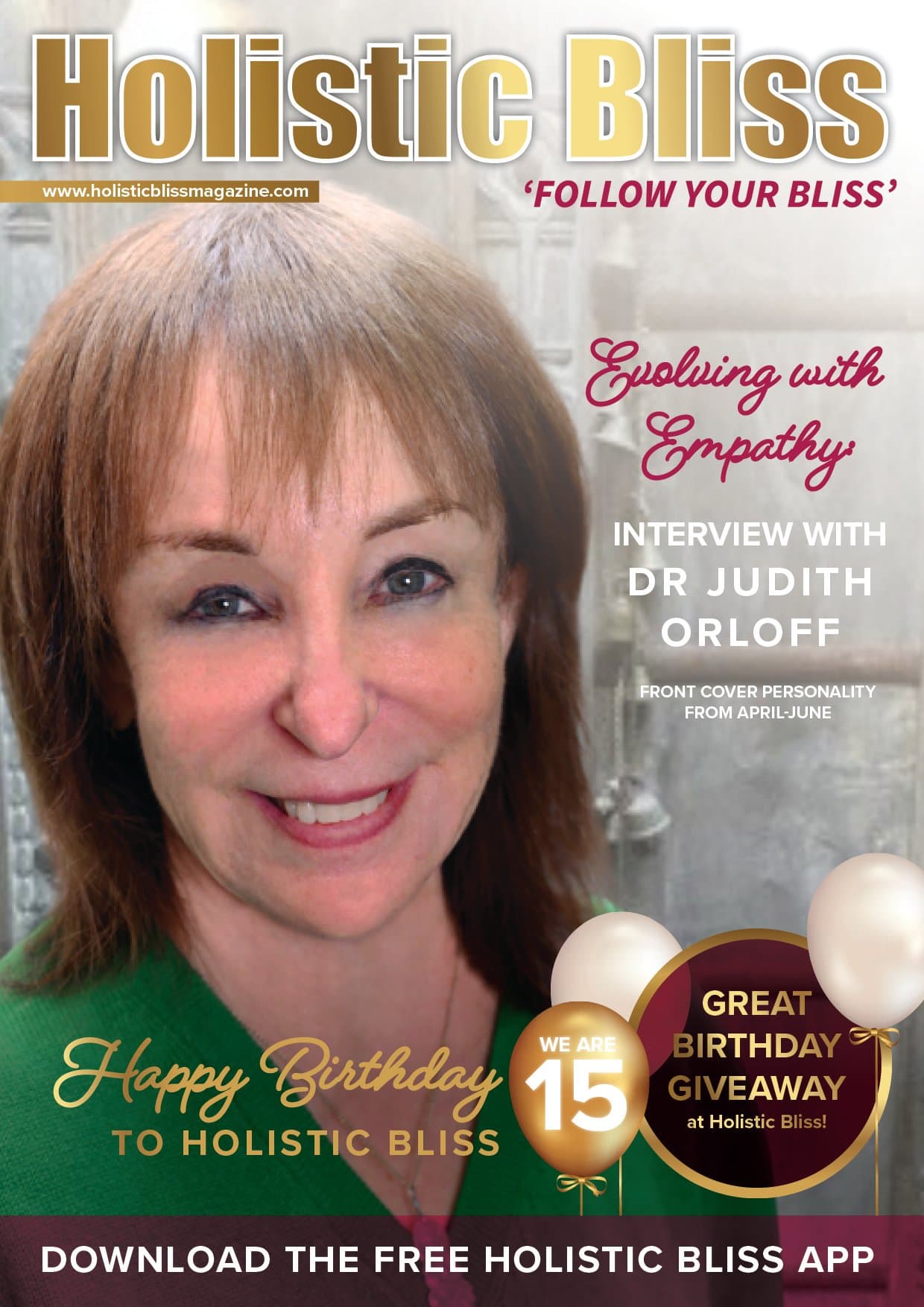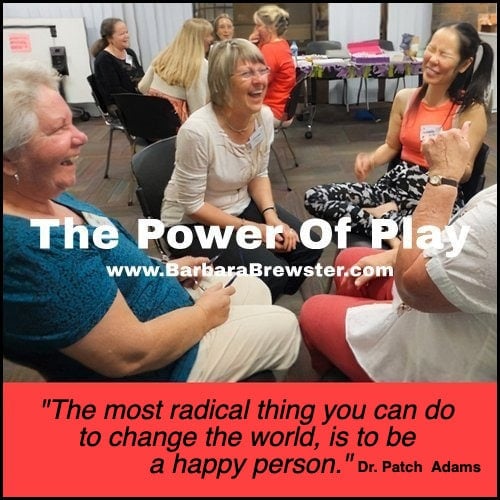In last month’s article, I wrote about Acceptance and Commitment Therapy (ACT), and how ACT is a very practical, here and now focused counselling modality that looks at how we live our lives within context: our work; our relationships; our health; our personal and spiritual development, etc. I also discussed that ACT states that there are six “core yearnings” or desires in each and everyone of us, that influence our mood and behaviour strongly. When are core yearnings are satisfied, we tend to feel “good”; when are core yearnings are being challenged, we tend to feel “bad”. Both of these states then further affect our behaviour: we want to feel even better, and hold on to that good feeling, and we don’t want to feel bad, and get rid of that feeling. I covered the first three yearnings in the previous article. Here I’d like to continue by discussing the last three.
Yearning for Feeling
Whether you like it or not, we are feeling beings that think. We’re not thinking beings that feel. The desire to “feel”, to be in contact with our experiences, creates a problem, as we also want to be and feel safe. If we “fully feel”, we may very well not “feel safe”, especially when we are in situations that seem to threaten us. To protect ourselves, we then try as hard as we can to feel “less”, and to feel “less often”. Unless it’s only “good stuff”, which is not always possible. Ultimately, we might settle for trying to feel nothing at all, to be numb, which is totally against our natural desire and therefore “feels” problematic.
Yearning for Self-Directed Meaning
Inside us exists a drive for freedom. We want to set the direction of our lives, be in control of our actions, and want to be the ones who decide what is happening next. Since the start of these interesting times, it has become very clear that, when we are not in control of what we can do next (e.g. lockdowns and travel restrictions), or cannot make choices for ourselves (e.g. travel overseas or interstate, get vaccinated or not), we start to experience pressure and stress.
Yearning for Competence
Each and every one of us wants to be good at “something”. A drive to be successful at life, or at as many facets of life as possible, expresses itself from a very early age. The praise we get and the satisfaction we feel when we succeed nurture us on a deep level.
If success isn’t possible, or if we stuff up, we generally find it hard to admit (and feel) failure. We would rather try harder, and harder still. If we still don’t succeed to our liking, we then often freeze up, and give up. Even simple steps become seemingly impossible to take because we now fear failing so much, that we think it’s better to not move at all.
So, there you have them -with the three from previous month; the six core yearnings ACT identifies. Why is this important information? Well, see it this way: if we find ourselves in a tough spot, not feeling great and struggling with ourselves or with “life in general” a bit, it could be helpful to think about which of the core yearnings (there could be more than one!) have been affected by that situation. No need to blame, point fingers or run away from feelings; investigate where in life we think we have lost touch with our core “drives”! Once we have a good idea what is going on, we can then, in that particular area, start bringing back what we think we have lost. That might sound easier than it seems to be, but you would be surprised; to commit to a little bit more of what seems to be missing goes a long way in helping us feel better!
Start this process off yourself, and then let’s talk if you think that is useful. If life is going well: nice. You probably have all -or at least the majority of the- core yearnings covered in some way. Keep up the good work. If life is not going the way you like, do some research, check out what has happened, and which yearnings seem to have been affected. We can then work together or restoring the balance. Remember that, according to ACT, it is ok to not be ok. Yet, it is also ok, even when you are not feeling great, to keep working towards a more effective way, and to aim for a rich and meaningful life. The seeming opposites can co-exist, and the results of your efforts can be life changing.
0417 062 506










Add comment